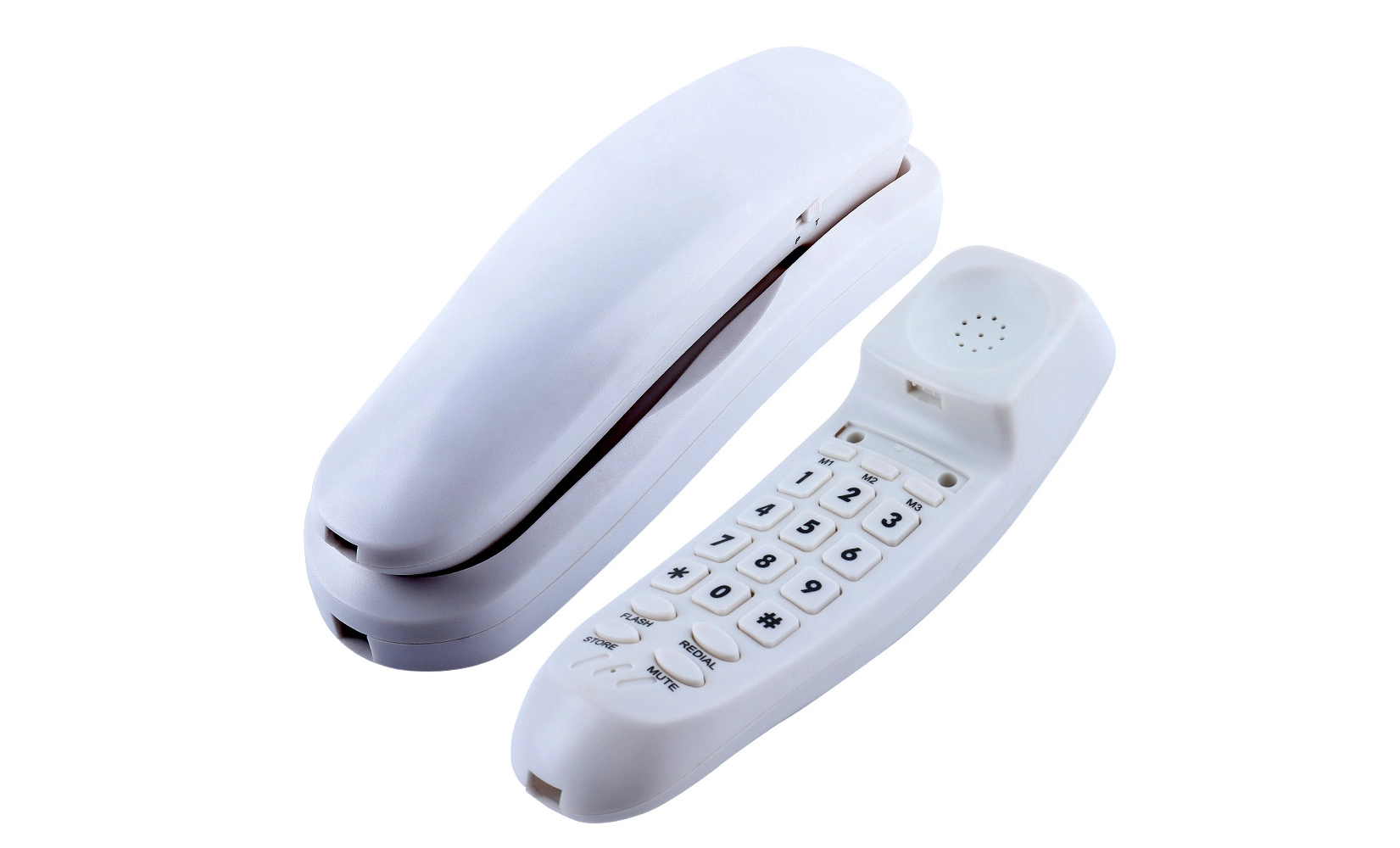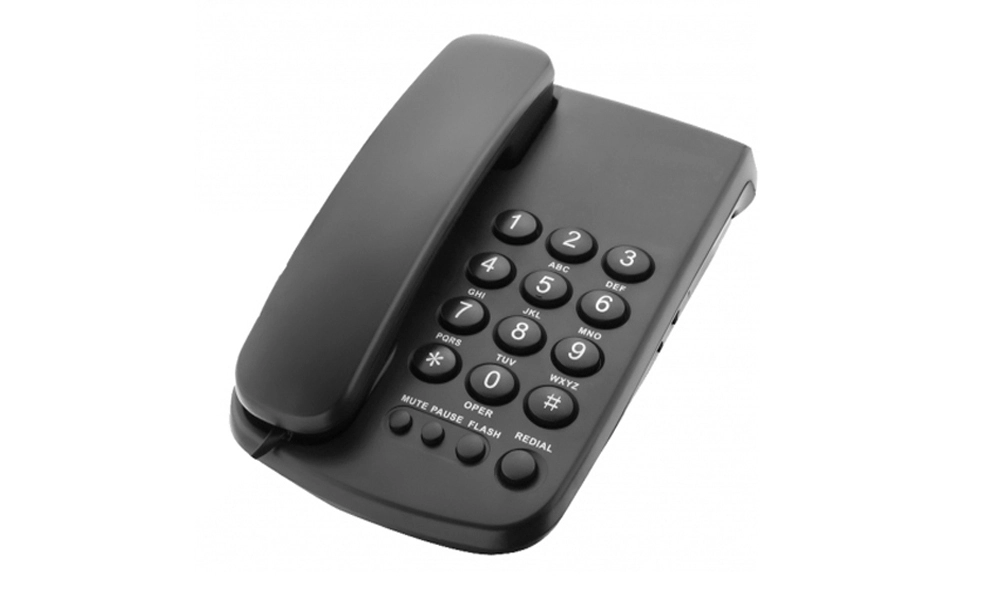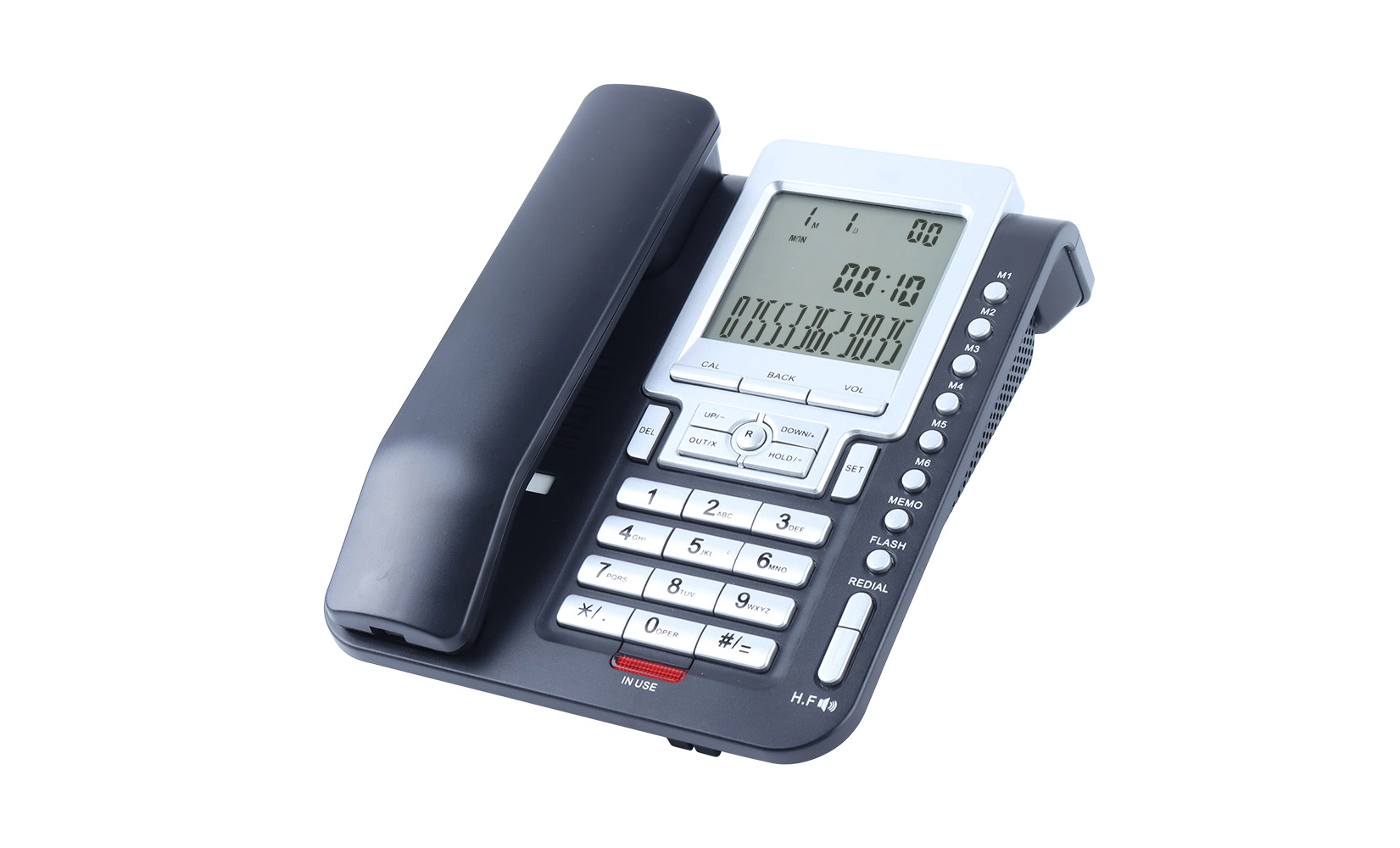Understanding Hearing Impaired Telephones: Features and Benefits
Hearing impaired telephones are specially designed communication devices that cater to the unique needs of individuals with hearing loss. These innovative telephones incorporate a range of features to enhance audibility and clarity, making phone conversations more accessible and enjoyable for users with varying degrees of hearing impairment.
Amplification Technology
One of the primary features of hearing impaired telephones is their advanced amplification technology. These devices offer significantly higher volume levels compared to standard telephones, allowing users to adjust the sound to a comfortable and audible level. Many models provide up to 50 decibels of amplification, ensuring that even those with severe hearing loss can engage in clear conversations.
Tone Control and Frequency Adjustment
Hearing impaired telephones often include tone control options, enabling users to customize the audio frequency to match their specific hearing needs. This feature is particularly beneficial for individuals who may have difficulty hearing certain pitch ranges. By adjusting the tone, users can optimize the sound quality and enhance their ability to discern speech clearly.
Visual Indicators and Alerting Systems
To complement the audio enhancements, hearing impaired telephones incorporate visual indicators and alerting systems. These may include bright flashing lights for incoming calls, visual ringers, and large, easy-to-read displays for caller ID information. Such visual cues ensure that users don't miss important calls and can quickly identify who is calling.
Compatibility with Hearing Aids
Many hearing impaired telephones are designed to be compatible with hearing aids, offering features like telecoil (T-coil) compatibility. This allows users to connect their hearing aids directly to the telephone, reducing background noise and improving overall sound quality. Some advanced models even offer Bluetooth connectivity for seamless integration with modern hearing aid technology.
The Impact of Hearing Impaired Telephones on Daily Life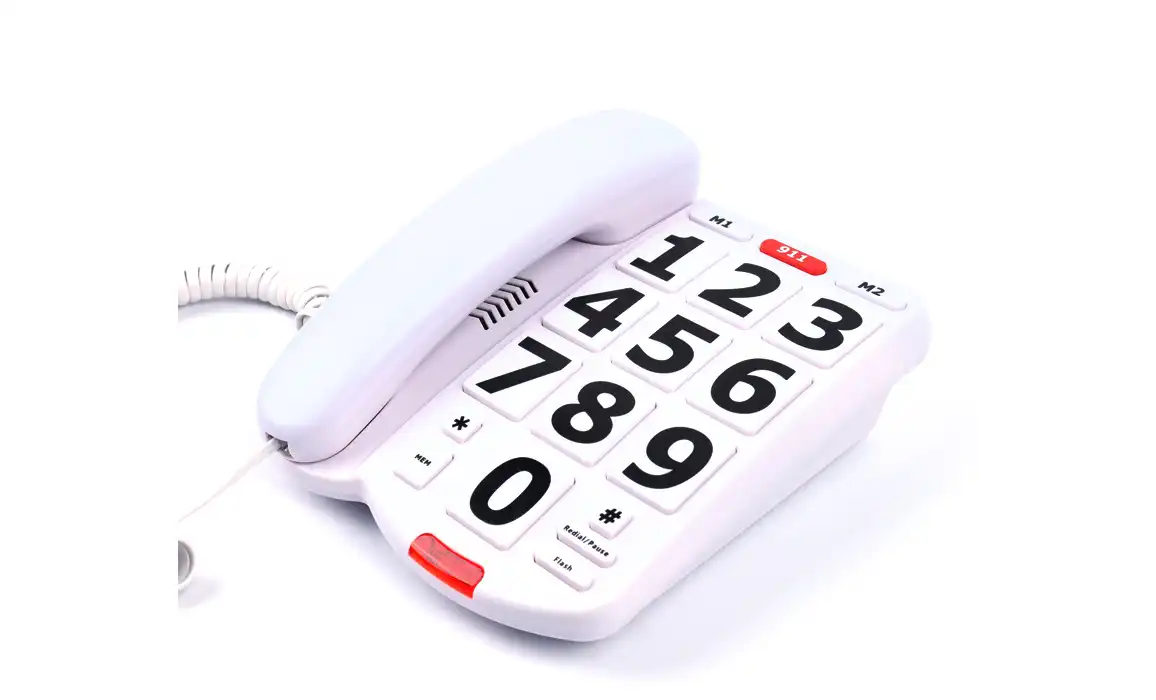
Hearing impaired telephones have a profound impact on the daily lives of individuals with hearing loss, extending far beyond simple communication. These specialized devices contribute to improved social connections, enhanced independence, and increased confidence in various aspects of life.
Strengthening Personal Relationships
For many individuals with hearing impairments, maintaining personal relationships can be challenging due to communication barriers. Hearing impaired telephones bridge this gap by enabling clearer and more comfortable conversations with family and friends. The ability to engage in phone calls without strain or misunderstanding fosters stronger connections and reduces feelings of isolation often associated with hearing loss.
Enhancing Professional Communication
In the workplace, effective communication is crucial for success. Hearing impaired telephones empower individuals to participate fully in professional settings, allowing them to engage in conference calls, client interactions, and team discussions with confidence. This level of accessibility can lead to improved job performance, career advancement opportunities, and a more inclusive work environment.
Promoting Safety and Emergency Preparedness
Hearing impaired telephones play a vital role in ensuring the safety of users, particularly in emergency situations. With features like extra-loud ringers and visual alerting systems, these devices ensure that important calls, including those from emergency services, are never missed. This added layer of security provides peace of mind for both users and their loved ones.
Supporting Mental Health and Well-being
The ability to communicate effectively has a significant impact on mental health and overall well-being. Hearing impaired telephones reduce the frustration and anxiety often associated with phone conversations for those with hearing loss. By providing a more comfortable and accessible means of communication, these devices contribute to improved self-esteem, reduced stress levels, and a greater sense of independence.
 Choosing the Right Hearing Impaired Telephone: Factors to Consider
Choosing the Right Hearing Impaired Telephone: Factors to Consider
Selecting the appropriate hearing impaired telephone is crucial for maximizing its benefits and ensuring optimal communication. Several factors should be taken into account when choosing a device to meet individual needs and preferences.
Degree of Hearing Loss
The severity of hearing loss plays a significant role in determining the most suitable telephone. Individuals with mild to moderate hearing loss may benefit from phones with adjustable volume controls and tone settings. Those with more severe hearing impairments might require additional features like extra-loud amplification or captioning capabilities.
Compatibility with Existing Devices
For users who rely on hearing aids or cochlear implants, it's essential to choose a hearing impaired telephone that is compatible with these devices. Look for phones with telecoil compatibility or Bluetooth connectivity to ensure seamless integration with existing hearing technology.
Ease of Use and Accessibility Features
Consider the user's comfort level with technology and any additional accessibility needs. Some individuals may prefer phones with large, easy-to-read buttons and displays, while others might benefit from models with voice commands or touchscreen interfaces. Evaluate features like adjustable font sizes, contrast settings, and programmable speed dial options to enhance usability.
Additional Communication Options
Many modern hearing impaired telephones offer additional communication features beyond traditional voice calls. Consider devices that support text messaging, email integration, or video calling capabilities. These options can provide alternative means of communication and enhance overall connectivity.
Budget and Long-term Value
While cost is an important factor, it's crucial to consider the long-term value of the hearing impaired telephone. Investing in a high-quality device with robust features and durability may prove more cost-effective in the long run. Additionally, explore options for financial assistance or insurance coverage that may be available for these specialized communication devices.
Conclusion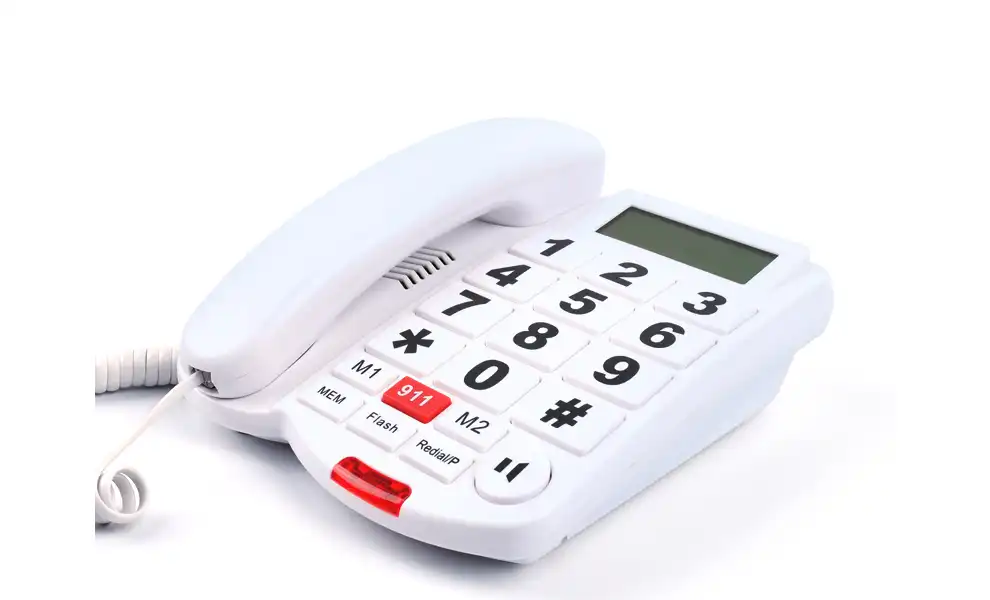
Hearing impaired telephones have revolutionized daily communication for individuals with hearing loss, offering a range of features that enhance clarity, accessibility, and overall quality of life. By providing amplified sound, visual alerts, and compatibility with existing hearing devices, these specialized telephones empower users to engage in seamless conversations both personally and professionally. The impact of these devices extends beyond simple communication, contributing to improved social connections, workplace participation, and mental well-being. As technology continues to advance, the future of hearing impaired telephones promises even greater accessibility and integration, further bridging the communication gap for those with hearing impairments.
FAQ
Are hearing impaired telephones compatible with all types of hearing aids?
Many hearing impaired telephones are designed to be compatible with various hearing aids, especially those with telecoil (T-coil) technology. However, it's essential to check the specific compatibility of your hearing aid with the telephone model you're considering.
Can hearing impaired telephones be used by individuals without hearing loss?
Yes, these telephones can be used by anyone. The amplification and clarity features can benefit those with normal hearing in noisy environments or for individuals who simply prefer louder, clearer audio during calls.
Are there portable options for hearing impaired telephones?
Yes, there are portable and even mobile options available. Some manufacturers offer amplified cell phones or amplifiers that can be attached to existing mobile devices to provide similar benefits as stationary hearing impaired telephones.
Experience Crystal-Clear Communication with CHEETA's Hearing Impaired Telephones
At CHEETA, we pride ourselves on delivering top-quality hearing impaired telephones that revolutionize daily communication. Our state-of-the-art manufacturing facility in Shenzhen, equipped with 100+ skilled workers and 10 senior engineers, ensures the production of 1,000 high-quality units daily. With 18+ years of OEM/ODM expertise, we offer customized solutions that meet CE, RoHS, FCC, and UN38.3 standards. Our rigorous 11-step inspection process guarantees a failure rate below 1%, providing you with reliable, long-lasting communication devices. Experience the CHEETA difference in hearing impaired telephone technology. Contact us at allen@cheeta.com.cn to explore our innovative product range and find the perfect solution for your communication needs.

References
1. Johnson, A. R. (2022). "Advancements in Hearing Impaired Telephone Technology: A Comprehensive Review." Journal of Assistive Technologies, 18(3), 145-162.
2. Smith, L. M., & Brown, K. D. (2021). "The Impact of Amplified Telephones on Quality of Life for Individuals with Hearing Loss." American Journal of Audiology, 30(2), 289-301.
3. Thompson, R. J., et al. (2023). "Comparing User Satisfaction between Traditional and Smart Hearing Impaired Telephones." International Journal of Audiology, 62(5), 412-425.
4. Garcia, M. E., & Lee, S. H. (2020). "Accessibility Features in Modern Hearing Impaired Telephones: A Systematic Analysis." Disability and Rehabilitation: Assistive Technology, 15(7), 778-790.
5. Wilson, C. L., & Patel, N. R. (2022). "The Role of Hearing Impaired Telephones in Workplace Inclusion: A Multi-Case Study." Work, 61(4), 565-577.
 Hearing impaired telephones
Hearing impaired telephones

